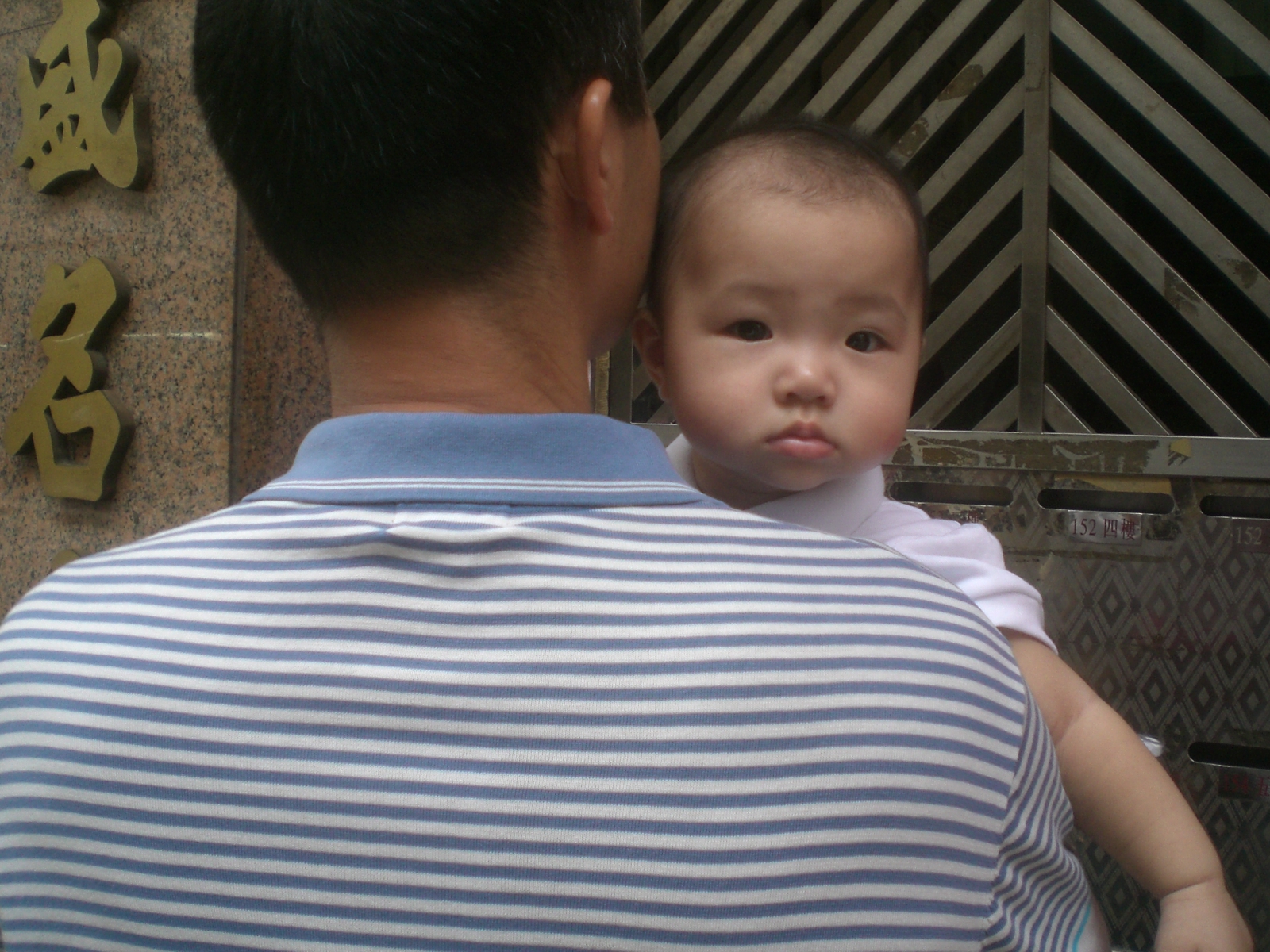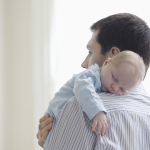While much research has demonstrated that maternal depression may negatively affect the child, leading to increased risk of developmental delays, behavioral problems, and psychiatric illness. Less research, however, has detailed the impact of paternal depression; several recent studies have focused on better understanding the risk factors for paternal depression and how paternal depression affects children.
The first study describes the characteristics of fathers with depressive symptoms utilizing data from a nationally representative sample of 7,247 fathers living in households in the United States with children between the ages of 5 and 17 years. The subjects participated in the Medical Expenditure Panel Survey where the Patient Health Questionnaire-2 was used to assess parental depressive symptoms at a single time point.
Depression in fathers was associated with poverty (adjusted odds ratio [AOR] 1.52), living with a child with special health care needs (AOR 1.42), poor paternal physical health (AOR 3.31) and paternal unemployment (AOR 6.49). One of the strongest predictors of paternal depression was the presence of maternal depressive symptoms (AOR 5.77).
Using the same data, the group also assessed the impact of paternal depression on children (N = 21,993) aged 5 to 17 years. The main outcome measure was child emotional or behavioral problems as assessed using the Columbia Impairment Scale.
Paternal depressive symptoms were independently associated with increased rates of child emotional or behavioral problems even after controlling for numerous potential confounders, including depressive symptoms in the mother.
Maternal depressive symptoms seemed to exert a slightly stronger effect. If the mother had depressive symptoms, the child had about a threefold increase in the likelihood of behavioral or emotional problems. If the father had depressive symptoms, the risk was increased by about 1.7-fold. Most striking was the increase in child emotional or behavioral problems when both parents had depressive symptoms; in households where both parents were depressed, 25% of the children had behavioral or emotional problems.
While earlier studies have emphasized the importance of tending to the mother’s psychiatric illness in order to decrease the risk of mental health problems in the child, these studies indicate that we cannot afford to ignore the father’s mental health. It is especially important when both parents suffer from psychiatric illness. In this case, the child not only carries a genetic vulnerability to illness but he or she is also exposed to environmental factors which increase the risk of behavioral and emotional problems.
Ruta Nonacs, MD PhD
Rosenthal DG, Learned N, Liu YH, Weitzman M. Characteristics of Fathers with Depressive Symptoms. Matern Child Health J. 2012 Feb 24. [Epub ahead of print]
Weitzman M, Rosenthal DG, Liu YH. Paternal depressive symptoms and child behavioral or emotional problems in the United States. Pediatrics. 2011 Dec;128(6):1126-34.







Leave A Comment